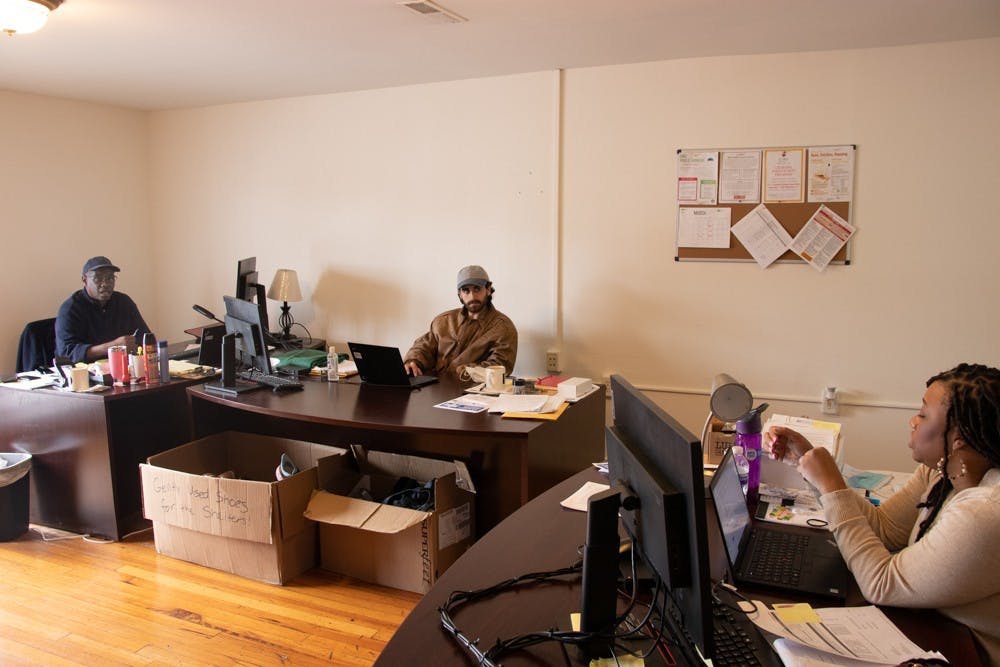The team is only five months old, but Orange County’s Street Outreach, Harm Reduction and Deflection program has morphed into a well-oiled machine.
Last year, the Orange County Partnership to End Homelessness' Gap Analysis was released, and with it, its vision of eventually making homelessness in the area rare, brief and one-time. To respond to this, the Criminal Justice Resource Department and the Orange County Housing and Community Development Department created SOHRAD.
The program is a peer and therapeutic-based outreach unit for those who experience homelessness.
Tiffany Hall, the team’s harm reduction clinical coordinator, said they’ve already built relationships with about a third of those who experience homelessness in Orange County over the last few months.
“I think what's really important about – especially what Don (Hardin) and I do – is those repeated interactions with people in kind of gentle encouragement,” Brandon Morande, a peer support navigator for the program, said. “Which is meeting with people consistently to build those relationships.”
Depending on where each individual is in their well-being at the moment of contact with SOHRAD, the team can provide social service contacts, providers specializing in mental health aide, temporary housing resources or contacts within the Orange County Crisis Unit. The unit specializes in managing violent situations or cases involving sexual assault or harassment.
“When I'm meeting someone new, I tried to meet them where they're at, ask them what they need, without assuming what I think is best for them,” Hall said.
Hall said she was recently called by an officer to approach a man sitting outside of the Target on Franklin.
"Hey," she asked him, "can I sit down with you?"




